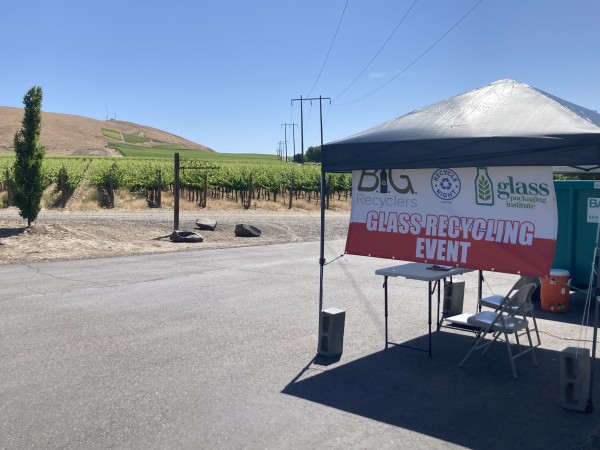 Over 12,000 pounds of glass collected on first day of “proof-of-concept” project
Over 12,000 pounds of glass collected on first day of “proof-of-concept” project
Eastern Washington’s wine industry has long had an environmental conundrum. On the one hand, wineries and tasting rooms there generate thousands of empty glass bottles. On the other, there is no glass recycling in most areas.
The main issue has been a simple one: money. Due to the heavy weight of glass, the price per ton to transport it to Seattle or Portland glass manufacturers has not made financial sense. As a result, most of the glass winds up in landfill, a discordant note for wineries looking to emphasize their environmental bona fides, especially since glass is endlessly recyclable.
A secondary issue is glass from curbside recycling has a high contamination of other co-mingled materials. This drives down the amount of money companies pay for that glass, as it lowers the percentage that can be reused.
Now BIG Recyclers, a Walla Walla-based recycling company, and the Glass Packing Institute (GPI), which represents U.S. glass manufacturers, have partnered to attempt to solve both issues.
“We started to discuss various solutions to get large amounts of very clean beverage bottles from eastern Washington to Seattle/Portland end-use markets in a way that would be both financially affordable and environmentally sustainable,” says Chris Lueck, president of BIG Recyclers.
What the two companies have arrived at is referred to as a hub-and-spoke model. Glass bottles will be initially consolidated in a spoke and then further aggregated in a hub. Finally, the hub glass will be delivered to glass manufacturers. The low contamination rate of the glass, which will primarily come from the beverage industry, is part of what makes it financially feasible.
Initially, there will be two spokes, one in Walla Walla in the airport region and one in Benton City at Hedges Family Estate in the Red Mountain appellation. Each spoke will have a 30-cubic yard container where commercial businesses can bring glass to be recycled.
Companies using the service will have two options when they bring glass to the spoke locations. They can either pay a single use “tipping fee” or they can purchase a membership, which will have different tiers based on the amount of glass being recycled.
“We should be able to save [businesses] money directly off-the-top versus landfilling,” says Scott DeFife, president of GPI.
Once the containers are full, the glass will be further aggregated in Pasco, the hub. Finally, the glass will be trucked to manufacturing companies in either Portland or Seattle.
BIG Recyclers also plans to provide businesses with an annual, environmental-impact report regarding CO2 offsets from the project and glass diverted from landfill. Lueck, who started BIG Recycling as a retirement project after 40-years in the food and beverage industry, foresees a time when recycling glass can be a talking point for wineries.
“Much like there’s a logo for Salmon Safe, this could be the next sustainability practice,” Lueck says. “I’m hoping the wine industry supports it.”
In an ideal world – which has a number of obstacles to get there in addition to recovering glass – wineries in Washington would be able to purchase glass from manufacturers in the Seattle or Portland area and then recycle that glass back into the same system.
“It’s a circular feedback that will allow plants to use less raw materials, boost their recycled content, and give a more sustainable bottle back to the Washington wine industry,” says DeFife.
The project already has support from the Washington Department of Ecology and the Department of Commerce. Additionally, a similar model has already been successfully tested in the Tucson-Phoenix-Flagstaff area as well as in Arlington County, Virginia, Ann Arbor, Michigan, and Charlottesville, Virginia.
If successful in the initial stages, there is the potential for future residential use. (If so, perhaps west-side travelers to Walla Walla would no longer have to haul their recycling back with them.) However, municipalities would need to guarantee cleaner glass than typically comes from mixed recycling.
“If Walla Walla and other communities in eastern Washington start to separate their streams, there’s absolutely no reason that we can’t grow to take that material,” DeFife says. “It just makes sense for us to start with a partnership with wineries because there are concentrations of source-separated glass.”
While the hub-and-spoke system will start off small, there are visions for more spokes in other key areas of eastern Washington and for a much larger overall system. This might include using rail to move the glass, which would provide considerable financial savings and a lower the overall environmental footprint.
“This is really a proof-of-concept pilot for us,” says DeFife. “We love that this is a local partnership. We’re going to give it every asset, every chance to succeed.”
BIG Recycling started collecting glass on June 6th. On the first day, they collected 8,500 pounds of glass in Walla Walla and 3,800 pounds at Red Mountain.
Read additional information about the company here. Image courtesy of BIG Recylcers.


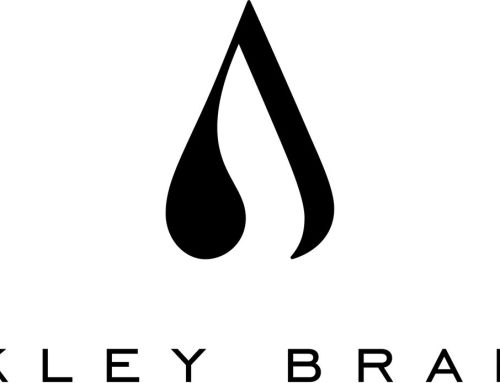
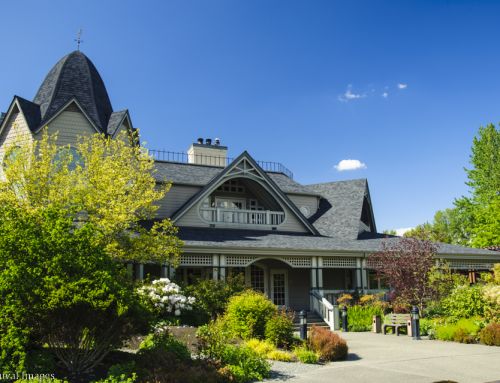
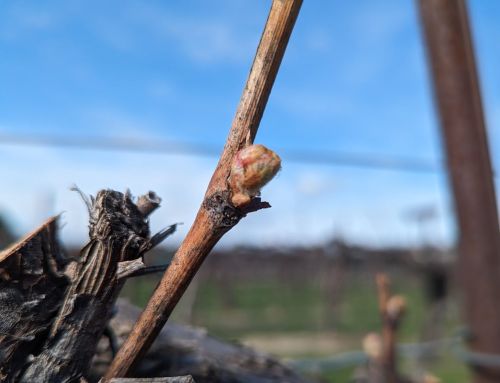
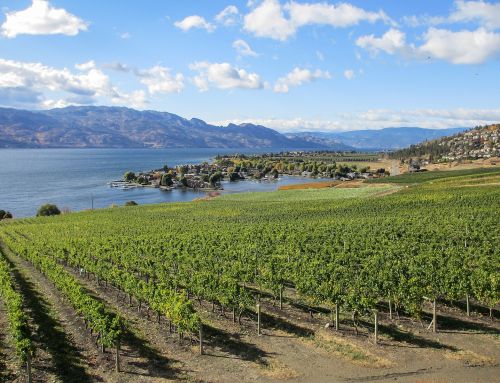
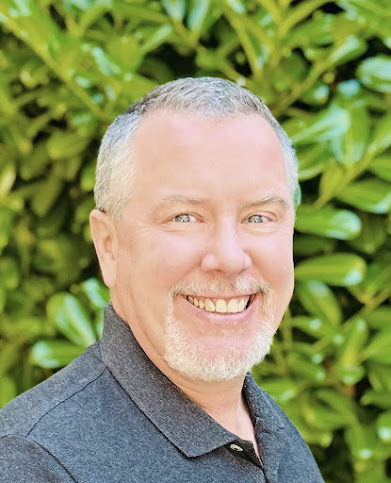
Great idea! Let’s hope it works out well for everyone.
Thanks for bringing this important new endeavor to the attention of our industry! Its been awhile to get here, but thanks to recyclers and bottle producers in our industry we now have a secure, attended location to do our little part in helping save the planet.
Great writing and we hope to have increasingly good news for you in the future.
Tom, thank you for helping spearhead this!
Thanks for the article Sean.
I’ll be calling to get my neighborhood involved.
Paul Vandenberg
Paradisos del Sol Winery and Organic Vineyard
Thanks for the article. We (Hamilton Cellars) also took part of the Red Mountain bottle recycling at Hedges. Hope more jump in for the future.
If the project is looking for another spoke or Hub Innovative Sourcing in Yakima could be available to collect. You could drop off used wine bottles and pick up new ones in the same trip!
Fred, we need to talk. I started Yakima Recycles-Glass 2+ yrs ago and I am in contact with both Scott from GPI and Chris with BIG Recyclers to have Yakima start moving the glass to the Red Mountain Hub.
Mick [email protected]